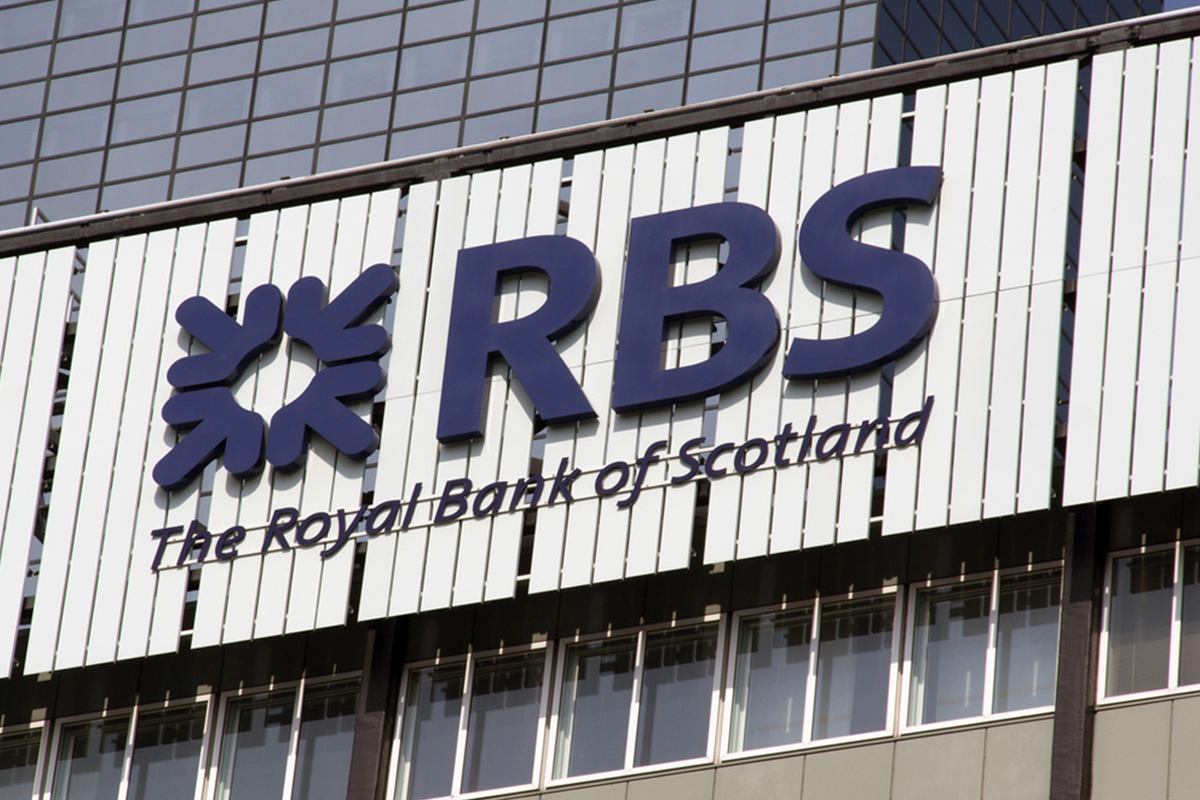Dear visitor,
You're reading 1 of your 3 free news articles this quarter
Register with us for free to get unlimited news, dedicated newsletters, and access to 5 exclusive Premium articles designed to help you stay in the know.
Join the UK's leading credit and lending community in less than 60 seconds.
RBS loan book in forbearance hits £1.3bn as bank turns first profit in 10 years
The Royal Bank of Scotland’s (RBS) annual results show the value of its loans to UK personal and business banking customers in forbearance has reached £1.3bn, as the bank turned a profit for the first time in 10 years.

Editor at Credit Strategy. Previously held roles at Accountancy Age, Accountancy Daily and the Leicester Mercury.
At RBS’s UK personal and business banking arm, the bank’s forbearance position reveals £1.3bn of personal and SME loans in forbearance stock, with £432m of personal and SME loans coming into forbearance over the course of 2017. Personal and business banking serves individual customers together with small businesses up to £2m turnover, offering credit cards, mortgages, loans.
In terms of arrears, the report shows:
- £822m of all loans in personal banking are in arrears
- Some £293m of the same loans are in arrears of one to three months
- More than three months in arrears: £217m
RBS did not state what the remainder of the £822m was made up of.
While these figures were quite high, RBS only has £51m in provisions against forbearance stock, down from £59m in 2016.
Chief executive Ross McEwan said the bank was still “paying for the sins of the past”, and with that in mind the group has booked provisions totalling £5.1bn for payment protection insurance (PPI), including an extra provision of £175m in 2017. Of the £5.1bn cumulative provision, £4bn had been utilised by December 31 2017.
It also faces the prospect of further fines in the future over the offering of securities, including residential mortgage-backed securities (RMBS), conduct in the foreign exchange market, the setting of benchmark rates such as LIBOR and related derivatives trading, the issuance, underwriting, and sales and trading of fixed-income securities, product mis-selling, customer mistreatment, anti-money laundering, sanctions, antitrust and various other compliance issues.
RBS has set aside an extra £492m for US litigation, taking the total set aside for US court action around the sale of those products to £3.2bn.
Earlier this week, the Treasury has published the full report on RBS treatment of SME customers within its Global Restructuring Group (GRG), describing it as "disgraceful".
Chief executive Ross McEwan said in his notes in the annual report: “We have one major legacy issue that we have yet to resolve which is with the US Department of Justice. The timing of the resolution of this issue is not in our control.
“The bank has received significant media attention for its treatment of some small business customers between 2008 and 2013. To those customers who did not receive the experience they should have done while in GRG we have apologised. We accept that we got a lot wrong in how we treated customers in GRG during the crisis.”
With the introduction of IFRS 9, impairments are expected to be more volatile and the bank said it will “continue to remain mindful of potential downside risks, particularly from single name and sector driven events”.
With the current high level of UK household debt and real wage compression, any increases in unemployment and interest rates present a threat to retail impairment rates, it said.
The bank has applied IFRS 9 early, with effect from 1 January 2018, and added the classification and measurement and impairment requirements will be applied retrospectively by adjusting the opening balance sheet at the date of initial application, with no requirement to restate comparative periods.
On January 1 2018, the estimated post tax increase in the bank’s equity is not more than £0.2bn and there will be no restatement of accounts prior to 2018.
The bank, which is majority-owned by the taxpayer, made an annual profit of £752m compared with a £6.95bn loss the year before.
Stay up-to-date with the latest articles from the Credit Strategy team
Get the latest industry news





